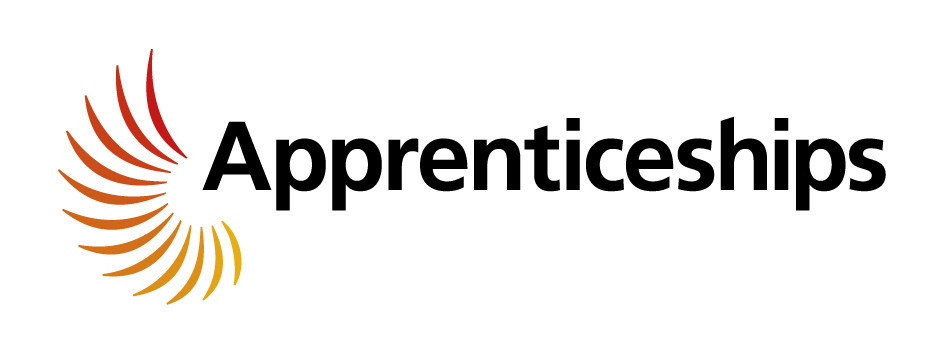Environmental sustainability is a core theme of our 5 year strategic plan. By 2027 we intend to become a ‘Leading’ college within the Climate Action Roadmap for FE Colleges framework: https://www.eauc.org.uk/fe_roadmap
We are working hard to reach net zero emissions. We calculate our carbon footprint annually and will soon be announcing our net zero target.
In summer 2023 we installed solar panels on the roofs at Trowbridge and Lackham, meaning all four of the main campuses now have solar panels installed.
We have plans to install more solar panels in the future so watch this space!
Chippenham, Salisbury and Trowbridge all have excellent access to public transport.
In February 2023, 10 electric bikes were installed on Salisbury campus in partnership with Co-Bikes.
In August 2023, 12 electric vehicle charging points were installed across the four main campuses and in October 2023 we launched a staff EV salary sacrifice scheme.
At Wiltshire College and University Centre we value biodiversity and recognise the important role animals, plants, fungi and micro-organisms all have in our ecosystem. Our grounds manager uses sustainable management practices and is currently planning how to regenerate areas of unused land.
We are fortunate to have a large area of woodland at Lackham. We are in the process of implementing a woodland management plan and have plans to plant more trees on our urban campuses.
WCUC’s general waste is collected by a waste contractor called Suez and taken to the Severnside Energy Recovery Centre in Avonmouth. It is incinerated in highly controlled conditions and the energy released is captured and turned back into electricity which is fed into the National Grid. Zero waste is sent to landfill as even the ash is collected and used in the construction industry.
All dry mixed recycling (paper, cardboard, metal and plastic) is taken to the Materials Recycling Facility in Avonmouth where it is sorted and processed and all of our food waste is taken to GENeco in Avonmouth where it is anaerobically digested. This process produces nutrient rich fertiliser which is used in agriculture, biogas which is used to generate renewable electricity, and biomethane which is used to heat homes and power vehicles.
We do not provide bins in classrooms or offices. Instead, there are multiple bin hubs on each campus for staff and students to dispose of their waste. This significantly reduces number of plastic bin liners used and helps to increase recycling rates.
Staff and students opinions and contributions to the sustainability agenda are welcomed and encouraged.
In November 2022 we formed a sustainability committee which consists of 12 members of staff across the College who are working to achieve the FE Climate Action Roadmap. All staff are encouraged to join a sustainability subcommittee to support the work of the main committee. There are six in total, each with a different focus:
- Energy
- Transport
- Biodiversity
- The curriculum
- Resources & procurement
- Staff & student engagement.
We are also in the process of setting up student green teams on each campus.






